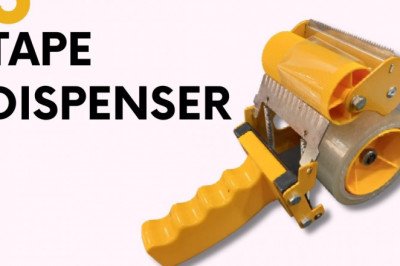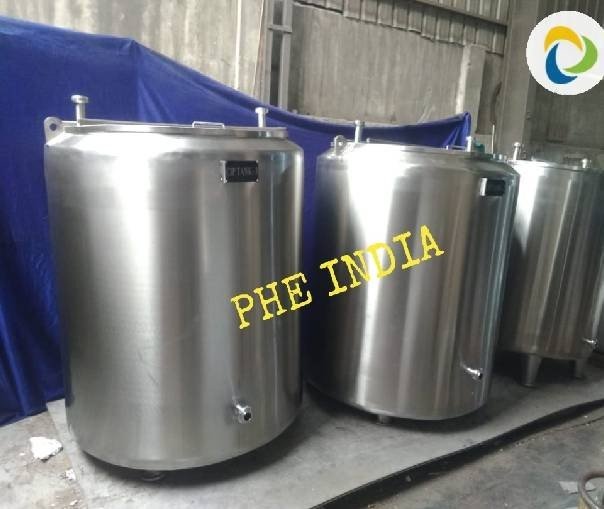views
ELISA analyzer systems are highly sophisticated and precise instruments that are capable of producing accurate and reliable results. However, like any other laboratory instrument, they may encounter issues that can affect their performance. Here are some common issues that may arise during an ELISA assay, along with tips and strategies for troubleshooting:
1. High background noise: ELISA Analyzer may be caused by non-specific binding of the antibody or washing buffer. To reduce background noise, try adjusting the washing and blocking conditions, or try using a different blocking buffer.
2. Low signal: This may be caused by a low concentration of analyte or an insufficient amount of reagents. Try increasing the concentration of analyte or reagents, or try extending the incubation time.
3. Plate-to-plate variability: This may be caused by inconsistent washing or incubation conditions. To reduce variability, try optimizing the washing and incubation conditions, or try using a calibrated pipette for dispensing reagents.
4. Poor reproducibility: This may be caused by inconsistent handling of reagents or samples. To improve reproducibility, ensure that reagents and samples are handled and stored consistently, and try using a validated protocol.
Overall, troubleshooting common issues in ELISA Analyzer systems requires a systematic and methodical approach. By identifying the root cause of the issue and implementing appropriate corrective measures, laboratories can ensure accurate and reliable results from their ELISA assays.












Comments
0 comment